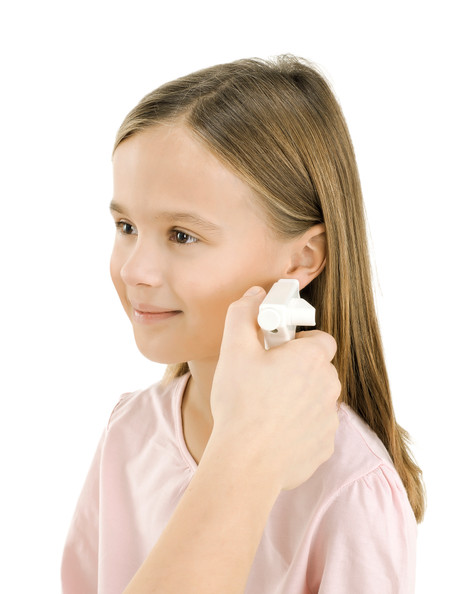When you make the exciting decision to pierce your ear, you're probably eager to enjoy that added sparkle—but knowing when to get your ears pierced and how to do it safely makes all the difference. But then the decisions begin:
- Nickel or gold?
- Silver or platinum?
- Does it matter?
- Mall kiosk or medical office?
- Allergies or not?
The answers are important, and in searching them out, you will learn about metals, allergic reactions and their symptoms, biocompatibility, bacteria-resistance, medical-grade materials, and aseptic techniques. It’s about more than which stone matches that new formal gown you bought.
It’s not as complicated as it first appears, though. Start with several trusted sources for your research and you will gain the information you need and the confidence to make the necessary decisions. Then, order that first pair of earrings and get ready to shine!
Here is where you need to decide first:
1. Where do I go?
The mall kiosk is convenient, there’s no doubt. But even the people who do piercing in those places of business will admit they can’t guarantee the necessary level of sterilization of the tools they use.
The safest alternative is to make the commitment to your health and use a trained medical provider. The piercing can be done in many doctors’ officers, including pediatricians for your children. The procedure is sanitary and it will be performed in a sterile environment by a doctor you probably already trust. These medical professionals use modern aseptic techniques which means the products and methods are designed to avoid infection. That in itself brings peace of mind.
2. What material is “best”?
The choice of metal for your new bling is critical too. A high percentage of people are allergic to nickel, so it’s safer to check out other compositions. Medical grade titanium has proven to check all the boxes, being a metal that is tolerated well by the human body and it won’t break the bank. It is also lightweight for comfort and it never corrodes, rusts, or tarnishes.
Another option that surprises many people is medical grade plastic. Obviously, there is no chance of triggering an adverse nickel reaction, so plastic is often the choice for first-time piercings for both adults and children. In looking for a material specifically for kids, plastic is durable and stands up well to rough and tumble play.
Spend some time asking for input from other trusted people in your life, as well as those who have been through this process already. Do your research and ask as many questions as necessary.
Next, we will dig deeper into the world of hypoallergenic materials, including reactions, symptoms, and care.
